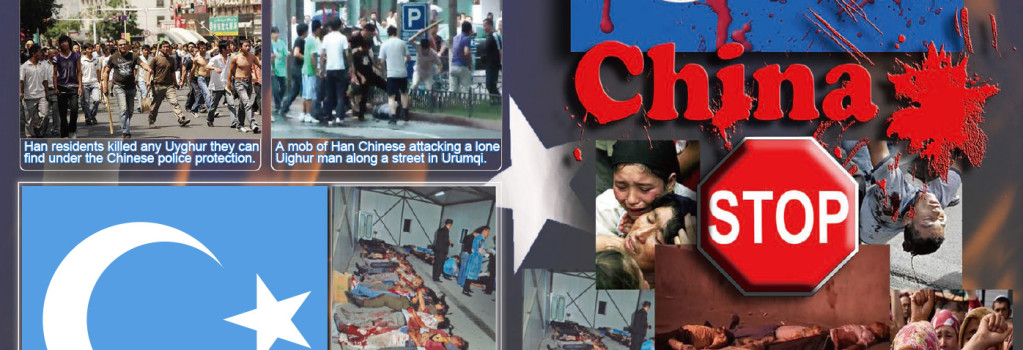“Propaganda” is a dirty word, associated with authoritarian regimes that have no respect for human rights and is relied on by such governments to influence popular opinion. In the West, the so-called “free press” has long relied on more innocuous – but equally dangerous – ways to distort or ‘spin’ the truth. As China develops economically, a new paradigm is emerging: not that of bumbling old-guard communists but rather a sophisticated understanding of capitalism. We are beginning to see the “spin” of Western media is being pulled into the orbit of Beijing. We explore this in our film “China: The Rebirth of an Empire.”
When the Chinese hosted the 2008 Olympics in Beijing, officials promised an improvement in human rights and freedom of information. Instead, when protests erupted in Tibet, they crushed them with military force and sealed the region off. An authoritarian move but also a violation of the agreement Beijing had made with the International Olympic Committee (IOC) to host the games, and the Olympic Charter. But, with billions of dollars tied up in the games, the IOC turned a blind eye. Once the opening ceremony began, people associated China with prosperity. Chinese leadership had achieved its objective: it influenced Westerners by aligning the interests of the West with the Chinese agenda.
Chinese authorities have been successful at influencing policy makers in the West in other ways as well. Take for example Xinjiang, a vast province in Western China that is the homeland of the Uyghur people, an ethnic and religious minority, who, like the Tibetans, contest Chinese rule of their land. After Sept. 11, 2001, the Chinese lobbied the U.S. to list an group called the East Turkestan Islamic Movement (ETIM) as a terrorist organization. The ETIM was supposedly comprised of ethnic Uyghurs, and just like that, the Uyghurs became associated with terrorism throughout the West.
The image of “terrorist” has been difficult for the Uyghurs to shed. We conducted a phone interview with Alim Seytoff, the general secretary of the Uyghur American Association in Washington, D.C. “Unlike Tibetans, Uyghurs are Muslims. After 9/11, if you are Muslim and you have a problem, usually everybody is suspicious of your struggle,” he said.
According to Seytoff, the West has become less vocal in its criticism of human rights abuses due to the pressures of the economic downturn. “Everybody needs to do business with China, and many countries are borrowing money from China, so of course they don’t want to offend China by taking a strong stand on human rights issues,” Seytoff said.
The U.S. has borrowed upwards of $1 trillion from China and we import about 2 percent of our gross domestic product from China. How independent is our media when we need to rely on the Chinese to support our government and living standard?
source: www.stargazette.com

Leave a Reply